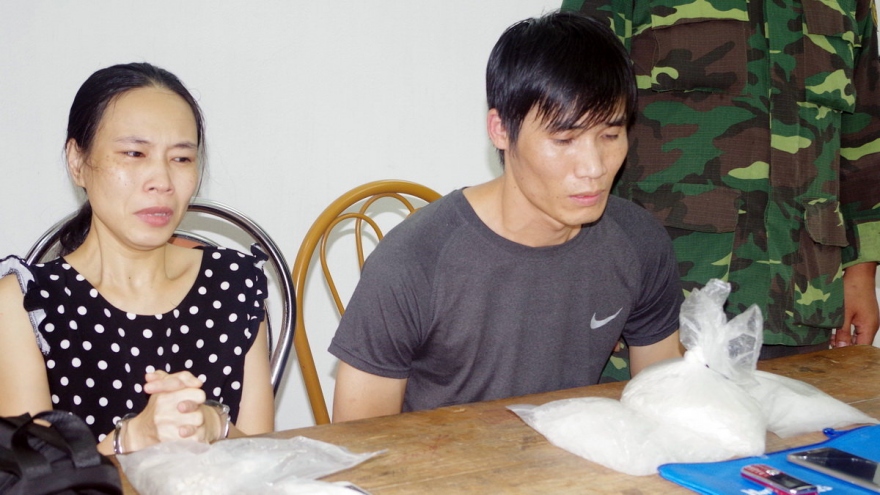Experts sound the alarm over counterfeit drugs in Vietnam
No report exists about the scale of the counterfeit drug market in Vietnam, but experts believe that the market is large and that many drugs are easily faked.
 |
A 12-year prison sentence has been handed down by a court for the top managers of VN Pharma, the importer of H-Capita, a drug for cancer treatment. However, Ministry of Health (MOH) and experts continue to argue if the products imported by VN Pharma are ‘low-quality drugs’ or ‘counterfeit drugs’.
MOH affirms that the imports are not ‘counterfeit’ because they contain drug substances. However, experts disagree.
According to Dao Dai Cuong, a pharmacist, and former lecturer of the HCMC Medical & Pharmaceutical University, three counterfeit drugs are the most common - antibiotics, medicines for some digestive diseases, and painkillers/antipyretics.
“They either 100 percent counterfeit the drug, i.e there is no active element in the drugs, or make the drug with the wrong dose. For example, a drug product is declared as containing 500 mg of active element, but in fact, it has 400 mg or lower,” he said.
In other cases, counterfeiters ‘renew’ the drug by giving new expiry dates to expired products.
“Consequently, in infectious diseases, counterfeit goods cannot heal patients, while resistant bacteria are created, which makes it difficult and costly to treat,” he said.
There is another type of counterfeit drug, according to Cuong. Some pharmacy units produce generic products but these are labeled as products from well-known pharmacy firms. The drug can cure diseases, but patients have to buy the drug at prices which are 5-10 times more expensive than their real value.
A report found that Vietnam has 25,000 medicine products with 1,000 active elements in circulation.
Nguyen Van Gia, the owner of a drugstore on Hai Ba Trung street, said painkillers/antipyretic drugs are the most easily counterfeited and can easily be sold because they are usually sold without a doctor’s prescription.
Gia said the drug counterfeiting technology now is sophisticated. “You just need to make some phone calls to Guangzhou, China to order the machines for counterfeiting. Chinese partners will also provide wrappings of some well-known pharmacy firms in the world,” he said.
An expert pointed out that the Vietnamese habit of buying drugs without consulting doctors has lent a hand to the increased popularity of counterfeit drugs. An MOH survey found that 91 percent of drugstores will sell antibiotics without doctors’ prescriptions.



